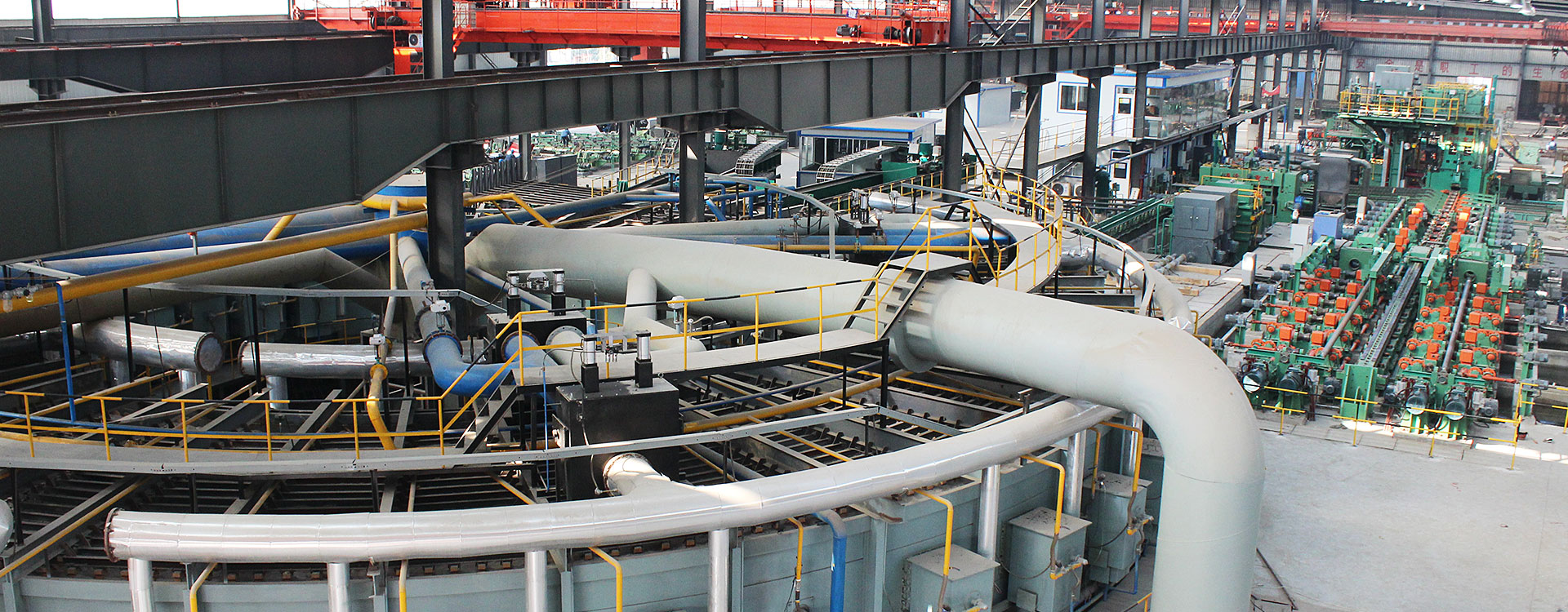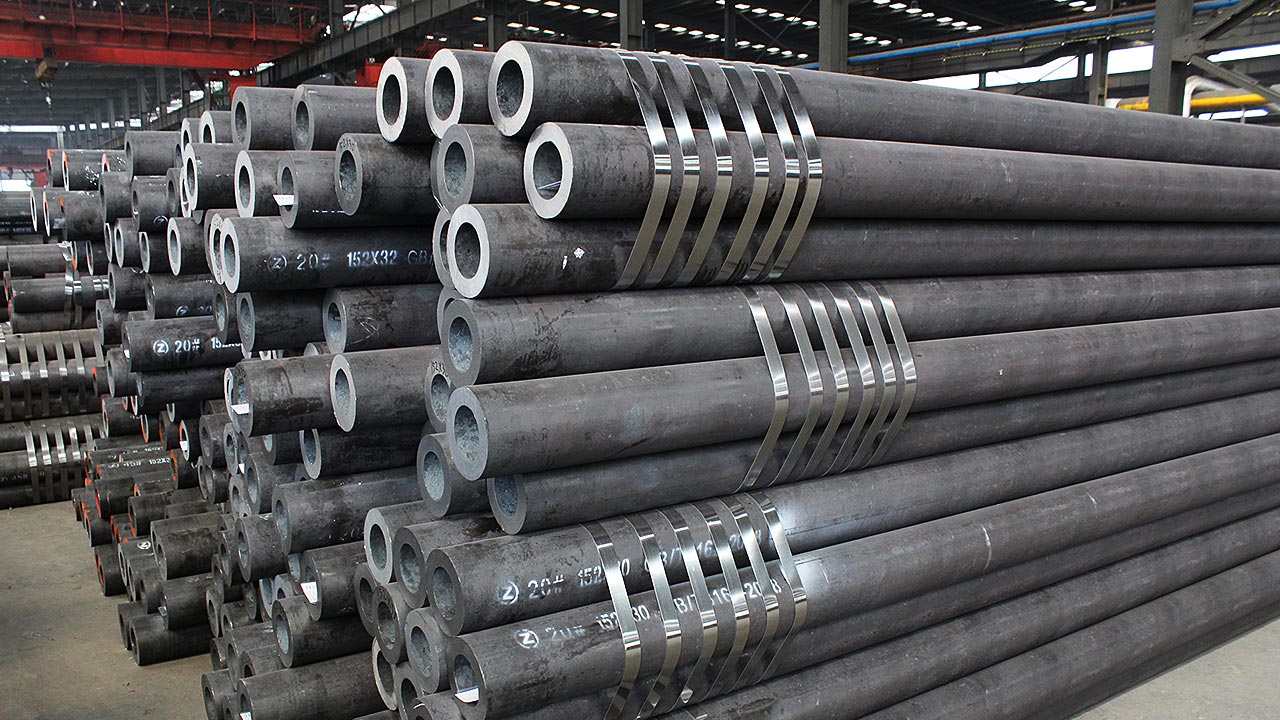

【概要描述】 GB9948 Petroleum Cracking Pipe is a type of pipeline specifically designed for the petrochemical industry, and it can meet the requirements of most petrochemical equipment, including crude oil refining, chemical fiber production, energy chemical industry,
GB9948 Petroleum Cracking Pipe is a type of pipeline specifically designed for the petrochemical industry, and it can meet the requirements of most petrochemical equipment, including crude oil refining, chemical fiber production, energy chemical industry, chemical industry, and organic fertilizer production. Based on the production process of steel pipes, it can be divided into seamless spliced steel pipes and welded steel pipes. It can also be classified by steel grades into carbon steel pipes, alloy steel pipes, stainless steel pipes, and composite steel pipes, which have been widely used in recent years.
Since the critical physical and organic chemical reactions in the production process of the petrochemical industry are all carried out under special working pressures and temperatures, there are temperature and pressure requirements for raw materials, reaction processes, and product properties. Additionally, they are all subject to certain levels of corrosion. Therefore, steel pipes used in specialized petrochemical production processes are subject to specific technical standards.
These pipes are commonly used in heat exchangers and connecting pipelines, and they are one of the specially designed types of seamless spliced steel pipes in China. The current standard specification for cracking pipes is GB9948-2006. Fertilizer-specific pipes are used for organic fertilizers with operating temperatures ranging from -40 to 400°C and pressures of 10-30MPa, as well as for machinery and pipelines in pharmaceutical factories. The current standard specification for chemical plant pipes is GB6479-2000. In addition to these two specialized specifications, there are many other applications in the petrochemical industry, including general steel pipes, vaporization transport steel pipes, low and high-pressure steam pipes, high-pressure boiler pipes, alloy steel pipes, stainless steel pipes, titanium alloy pipes, steel wire mesh frameworks, and more.
Most transportation environments in the petrochemical industry have specific requirements. Basic pipelines cannot meet the transport requirements effectively, as the operational temperatures are often either higher or lower than room temperature. The substances transported are often flammable, explosive, and even toxic or corrosive. Furthermore, with the ongoing deepening of petroleum processing and the trend toward the development of petrochemical equipment, the operational standards of refining plant equipment are becoming increasingly stringent. This means that the requirements for materials used in high-pressure vessels and pipelines are also increasing. Key requirements include higher working temperature resistance, sufficient stress relaxation resistance, durability resistance, excellent corrosion resistance, reliable structural reliability, low susceptibility to defects, excellent high multiplicative structure, excellent manufacturing process performance, and electric welding performance, among others.

Contact us
Shandong Lingying Steel Group Co., Ltd.
whatsapp/Wechat:
+8615910198168
Tel:
+86-635-2113778
/
+86-635-2113779
Email:
shandong@lclxzd.com
Whatsapp:
